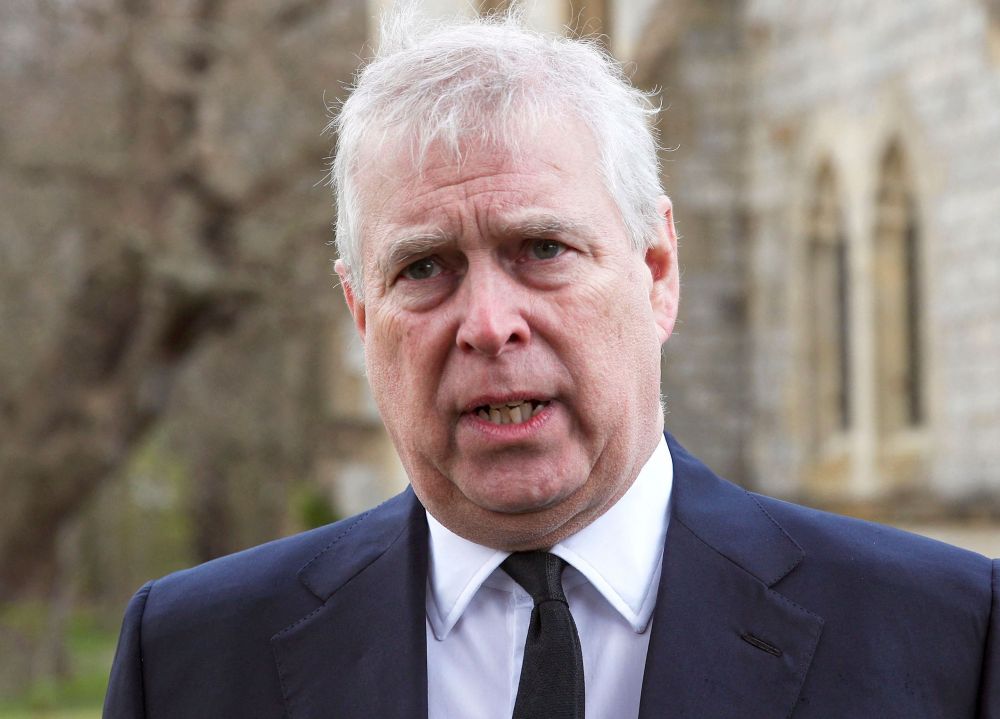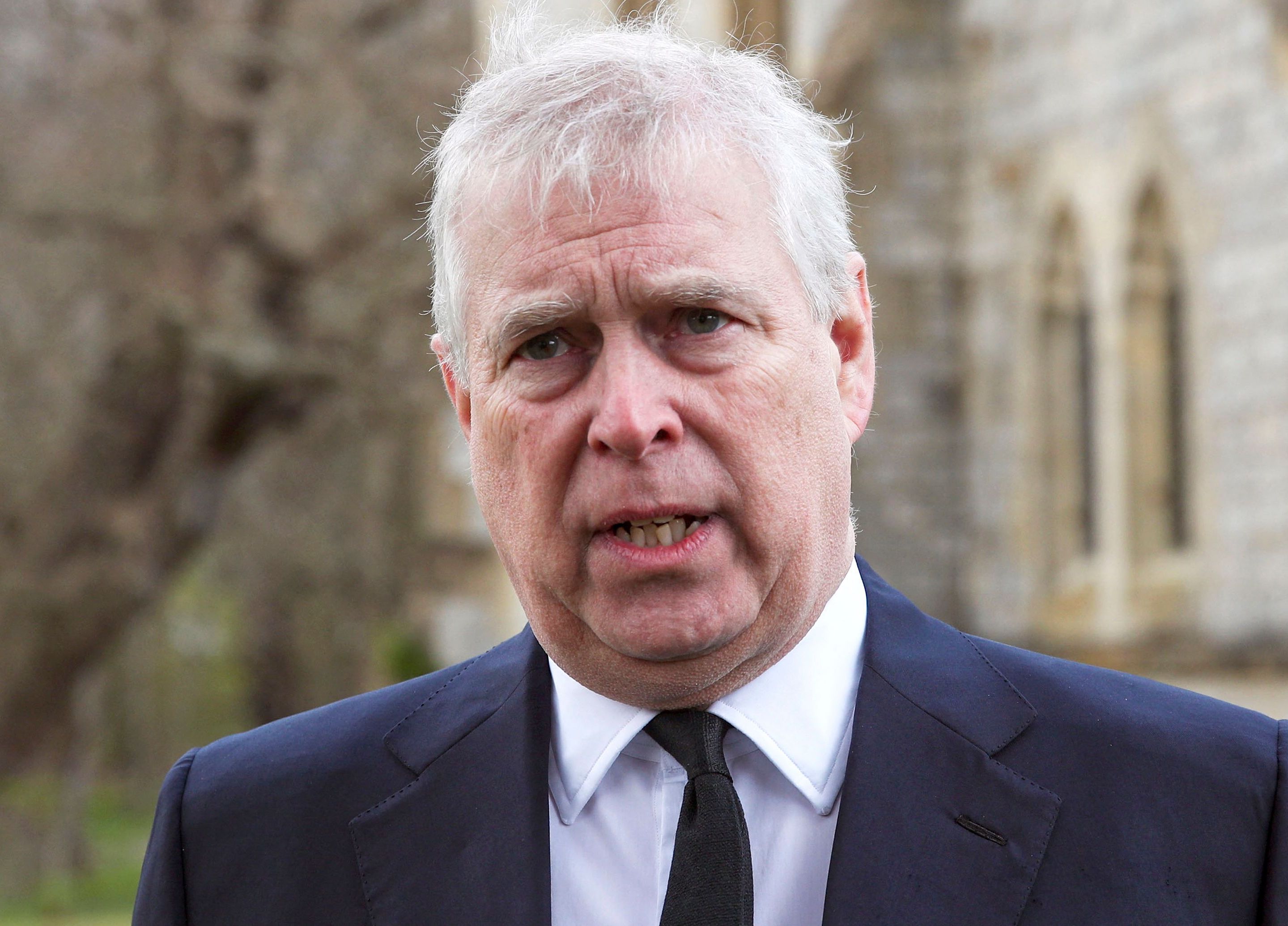When the Chancellor declares that it is important Prince Andrew ‘pays his way’, in reference to his living arrangements at Royal Lodge, it is difficult not to wince. For the saving at stake is, by any serious reckoning, paltry – about £367,000 a year in additional income to the Exchequer, by my calculations. Not nothing, certainly, but a rounding error in the nation’s accounts, and a curious fixation for a Minister of the Crown who has managed to turn a £20 billion fiscal gap into one nearer £50bn within a single season of ministerial arithmetic – a hole in the nation’s finances that grows every time she opens her mouth.
The above figures are not conjecture. On the most generous commercial view, Royal Lodge might yield a net £417,000 a year to the Crown Estate if rented on the open market. (To get this figure, take an estimated annual rental value of £950,000, minus 20 per cent for maintenance, management and administrative costs, and spread across the remaining 53 years of the lease – while allowing for a 2.5 per cent real discount rate – £10m as the rough total cost of ending the contract. After all, Andrew did spend at least £7.5 million renovating the property, and will want to recuperate that money.) Of the £417,000, under the statutory formula, roughly 88 per cent flows to the Treasury as public revenue. Hence the £367,000. That is the grand fiscal prize for which the Chancellor has chosen to light another bonfire of royal scandal.
To describe such a calculus as ‘value for money’ is to strip the phrase of meaning. The same Chancellor who presides over tens of billions in unfilled holes – the economic crater left by her own fiscal promises – would seemingly have the nation believe that dislodging a disgraced prince from a Crown lease is both the reason he must go and a heroic act of thrift that will balance the books. It is the politics of symbolism in place of strategy: a gesture of rectitude so small as to be almost comic in its scale.
Given that the generally accepted solution is to move the Prince into something equivalent to Frogmore Cottage, one must ask: will he still enjoy a peppercorn rent there? And when totalling the figures on the Treasury’s abacus, how does the saving of £367,000 a year compare with the amount the Treasury spends on travel and entertainment (£2.1 million per annum)? Or, for that matter, with the cost of the Chancellor’s own grace-and-favour residence at Dorneywood – the mansion and vast Buckinghamshire estate conveniently recorded as costing the taxpayer a notional £0.
The irony, of course, is that the Chancellor herself enjoys the benefit of that exclusive estate, worth between £25 and £30 million, set in 215 acres – a Georgian mansion of 21 rooms and eight bedrooms, surrounded by parkland, woodland and farmland – from which the Treasury gains not a penny. Dorneywood, Rachel Reeves’s official country residence, rubs salt in the wound, as it sits entirely outside the new tax regime that she has personally imposed on estates and farms of identical scale. It pays no inheritance tax, no capital gains tax, and no land value tax; yet if it were treated as a private holding, it would command an open-market rent of some £400,000 a year gross, or about £335,000 net after normal costs – about spot-on what she hopes to yield from the royal eviction.
Those who live in grace-and-favour pads should, as the saying goes, should not throw stones. In some matters, particularly where a wrecking ball hovers over the constitution, quiet diplomacy would have been the preferred course of action. It would almost certainly have yielded an immediate cheque for £367,000 had the Crown Estate simply been asked to make good the difference. Problem solved, rather than problem created. The Exchequer would have been made whole; the public purse protected; the temperature lowered. Instead, we are treated to a morality play about fiscal virtue, performed at a cost greater than the supposed saving.
Prince Andrew has long ceased to be a sympathetic figure
There is a habit, now firmly entrenched in the Reeves Treasury, of confusing accountancy with economics. It measures every headline by the penny and ignores the pound. The country’s finances are haemorrhaging on a scale that makes a few hundred thousand a year on a Windsor lease touching in its irrelevance. Yet that is where the Chancellor’s energy is spent – in the pursuit of symbols, not solutions.
Prince Andrew has long ceased to be a sympathetic figure. But if the government wishes to present itself as the guardian of fiscal seriousness, it might begin by behaving seriously. There are better ways to husband the public finances than by chasing a grace-and-favour lease through the newspapers, while a £50bn deficit yawns beneath. The business of government is to keep the books in order, not to set fire to them for light.








Comments